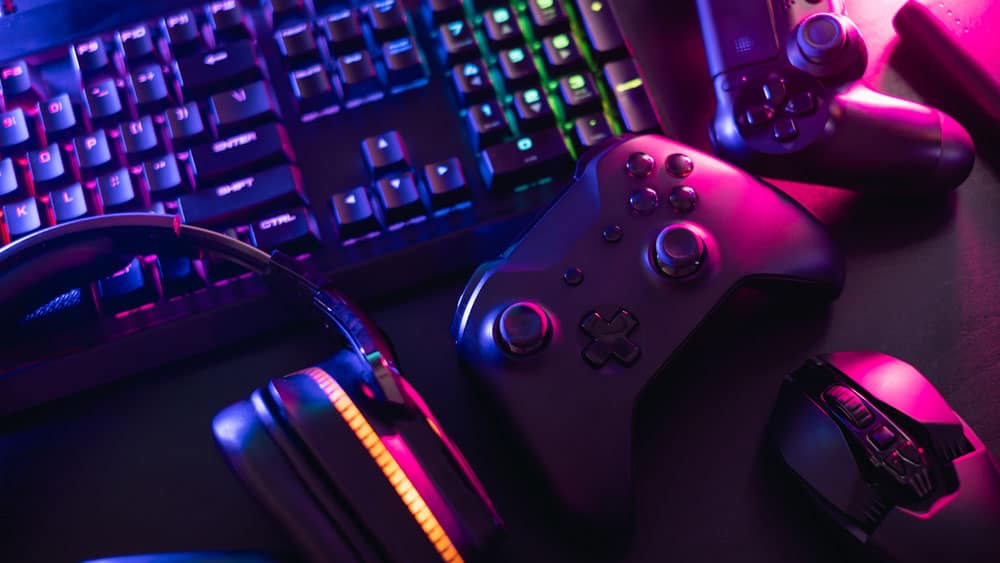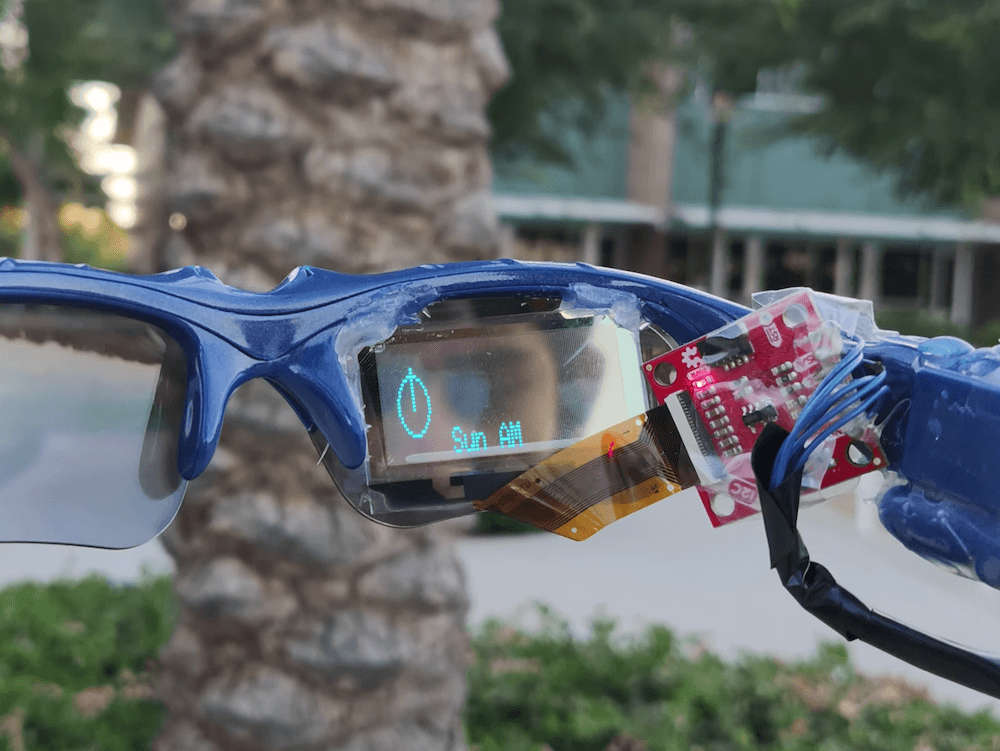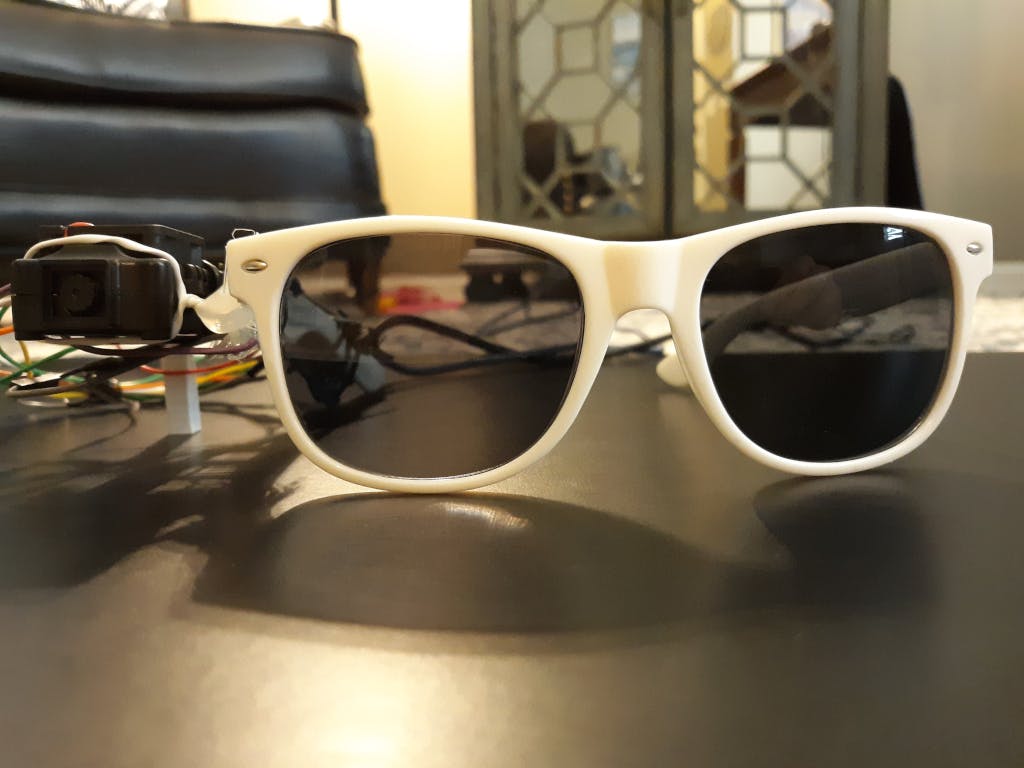Schlagwort: smart glasses
-

Giving Google Glass a run for its money
Reading Time: 2 minutesArduino Team — August 27th, 2021 Google rarely enters the hardware world and when they do, they receive a mixed reception. The smart glasses were very controversial when they first launched, due to privacy and fashion concerns. But the idea was a good one: a wearable computer that gave you a heads-up…
-

Student designs his own pair of smart glasses with a transparent OLED display and Arduino Nano Every
Reading Time: < 1 minuteStudent designs his own pair of smart glasses with a transparent OLED display and Arduino Nano Every Arduino Team — July 24th, 2020 For his school science fair, Mars Kapadia decided to take things up a notch and create his own pair of smart glasses. The wearable device, which went on to…
-

This pair of Arduino glasses stops you from touching your face
Reading Time: < 1 minuteThis pair of Arduino glasses stops you from touching your face Arduino Team — March 10th, 2020 Touching your face is a subconscious behavior that we all do, and it is also an easy way to pick up illnesses like the coronavirus and flu. However, like many infectious diseases, proper hygiene…
-

Give your memory a boost with Newrons
Reading Time: 2 minutesGive your memory a boost with Newrons Arduino Team — January 28th, 2020 When you get a notification on your smartphone, more often than not, you’re doing something more pressing. You then silence the alarm, and perhaps forget about it. Nick Bild, however, has created a pair of smart glasses that take…
-

Google Glass no longer requires tethering plan for smartphone data sharing
Reading Time: < 1 minuteAn Explorer Edition of Glass is already a pricey piece of tech, and smartphone tethering plans required to give it a mobile Internet connection have only made ownership that much more expensive. However, there’s good news for Google’s guinea pigs: the latest update to the headgear quietly implemented a way around the additional monthly fees. With…




